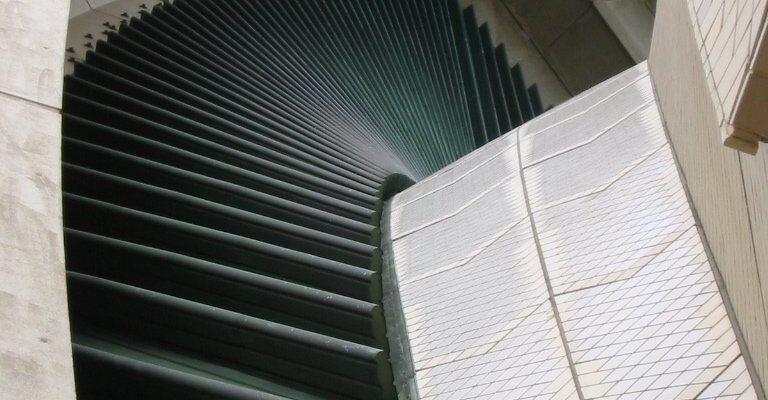Sydney Opera House
Sydney Opera House is one of the most recognizable buildings of the twentieth century. This outstanding multifunctional structure can be considered a visiting card of the city: it is the most often photographed by tourists.
The Sydney Opera House is one of the most grandiose architectural marvels of the last century: it is not just a building, but a work of art. Immediately after its completion, however, the theater had as many critics as admirers. The Times of London described the theater as “the building of the century”, but one could also find such characteristics as, say, “French nuns playing soccer”. Sydney residents themselves lovingly refer to their wonder of the world as “nuns fighting over a ball(rugby)” or “oyster shells.”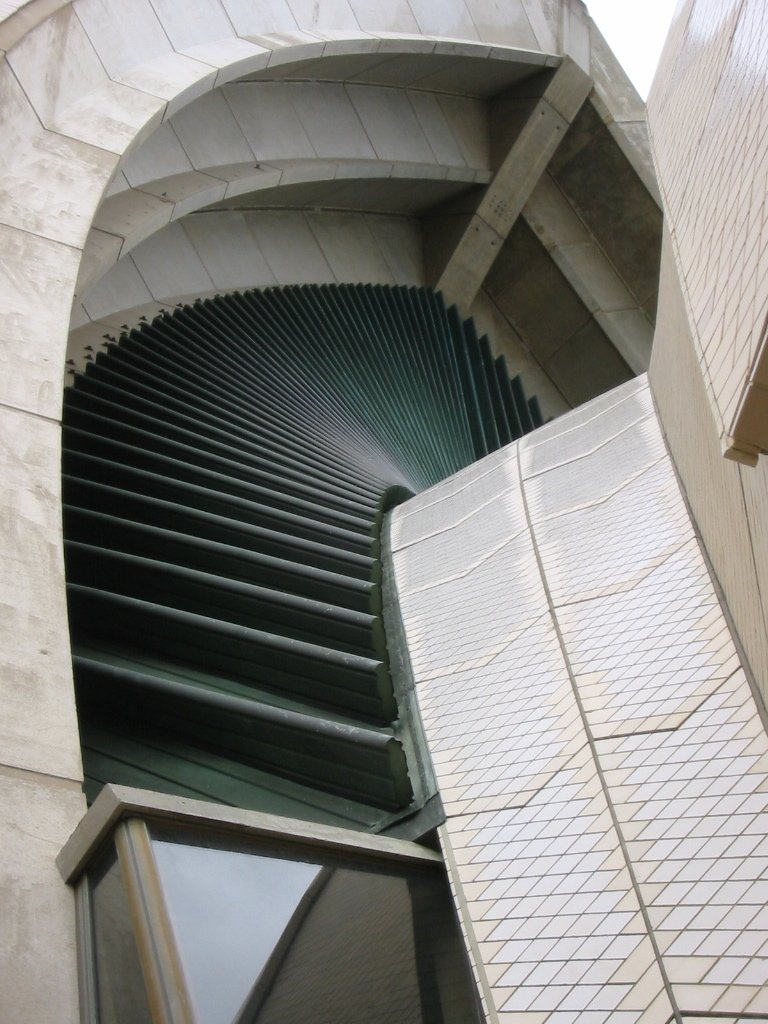

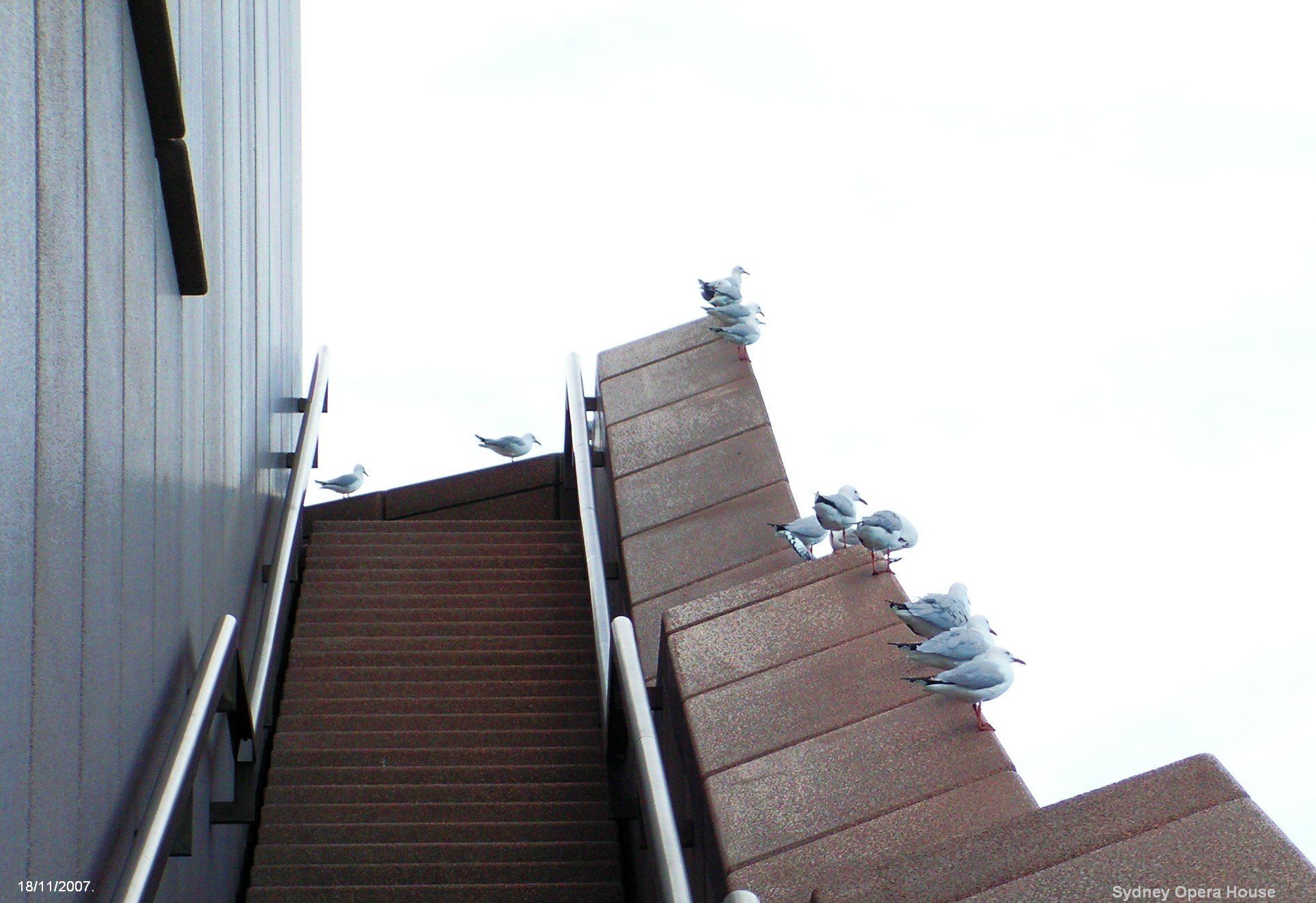
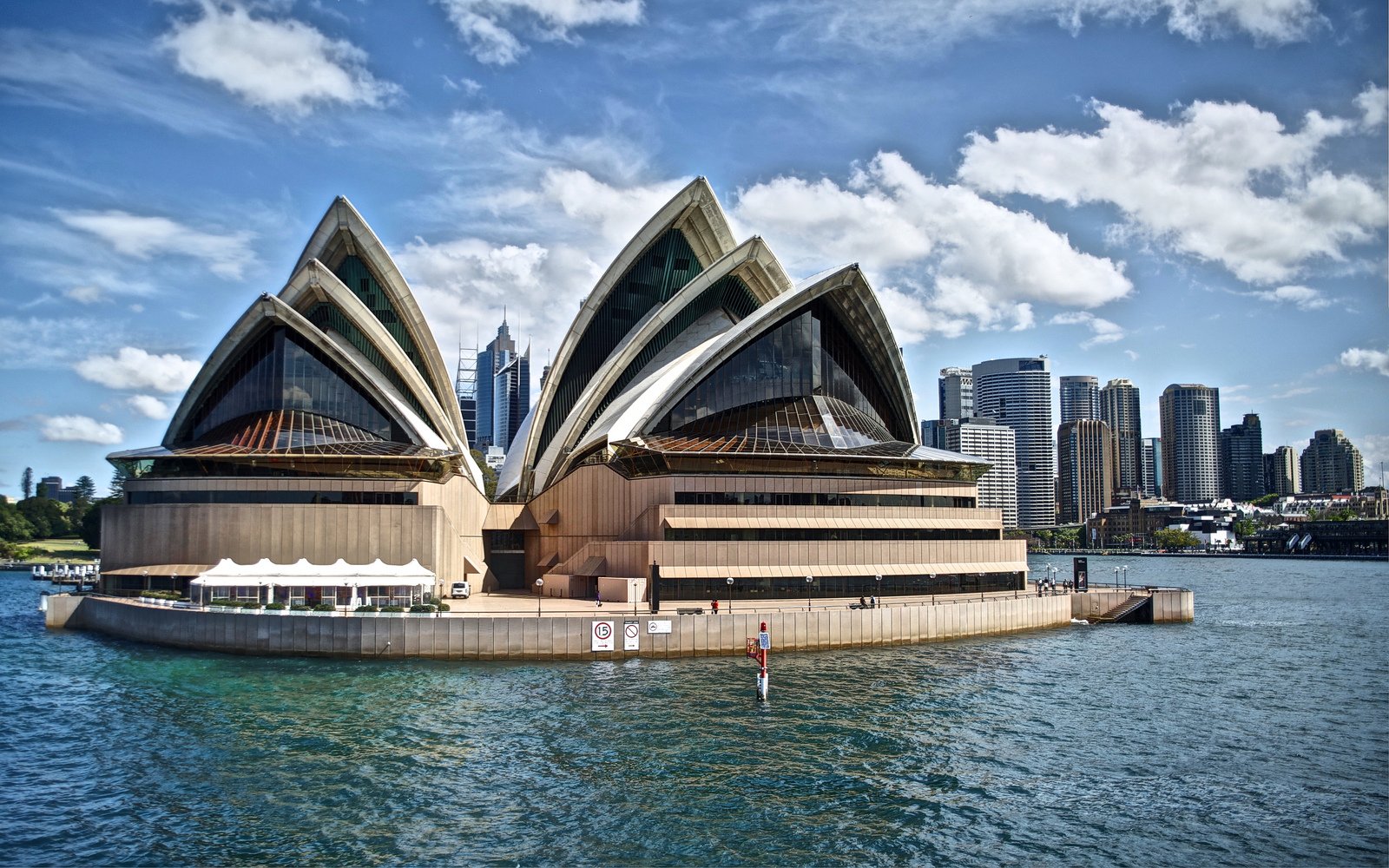
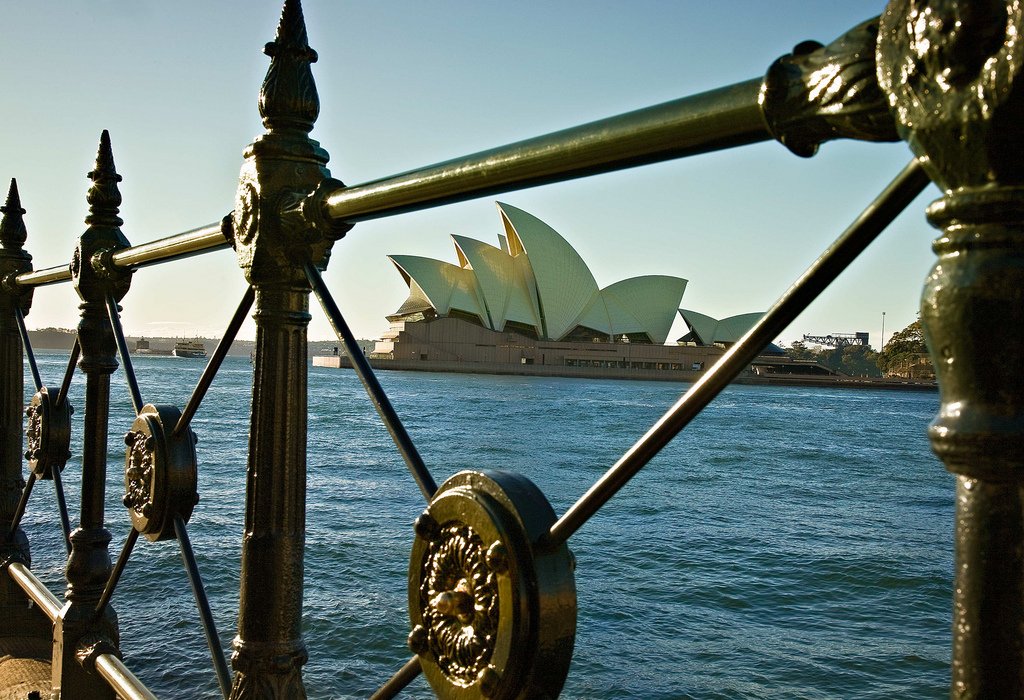
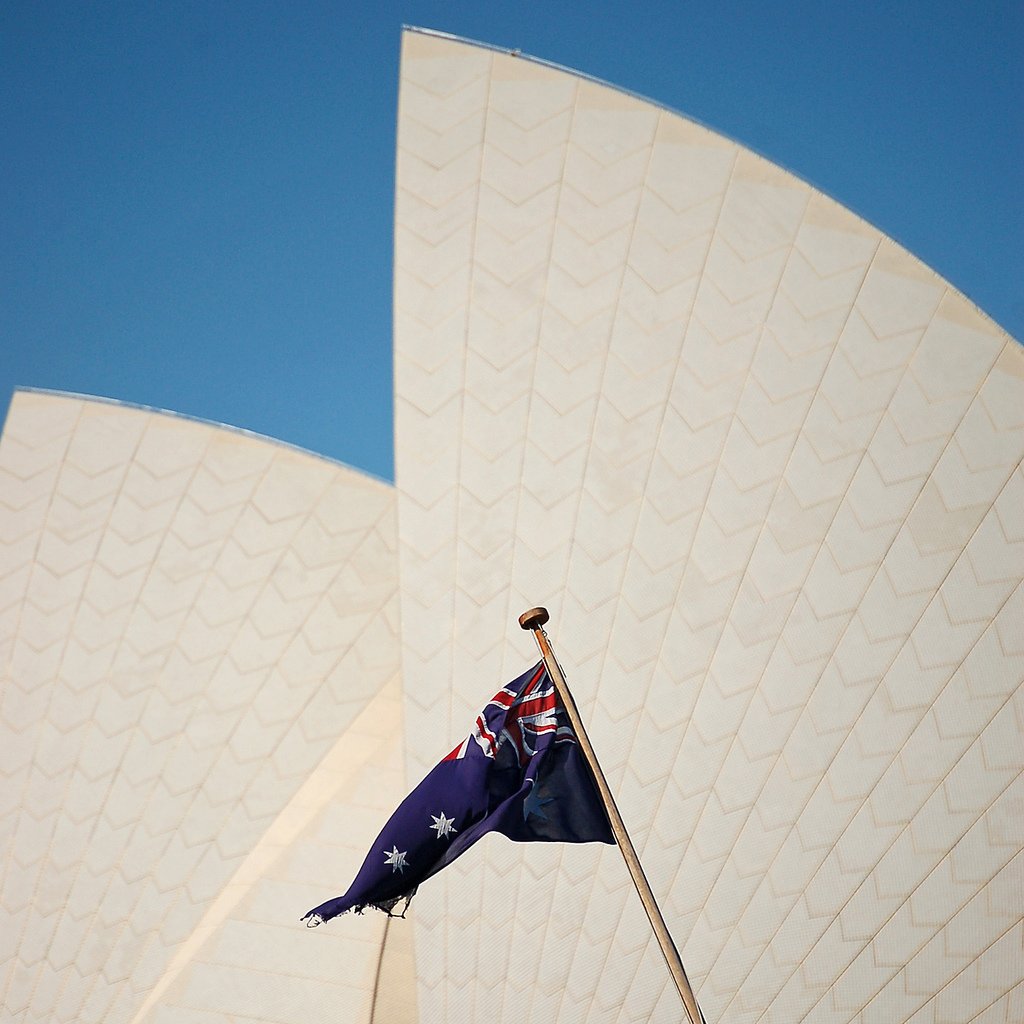
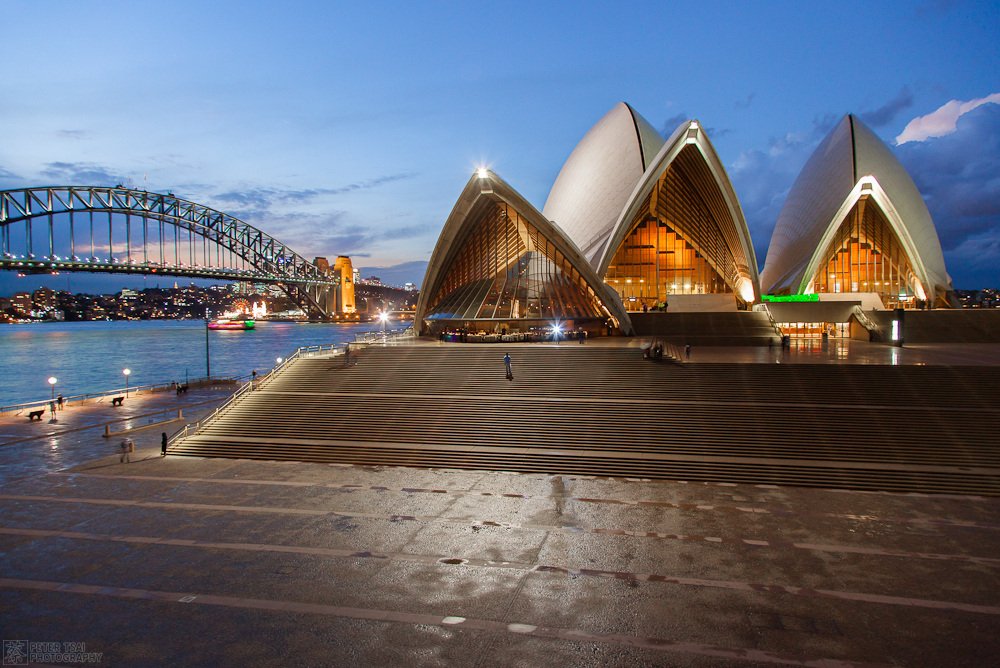
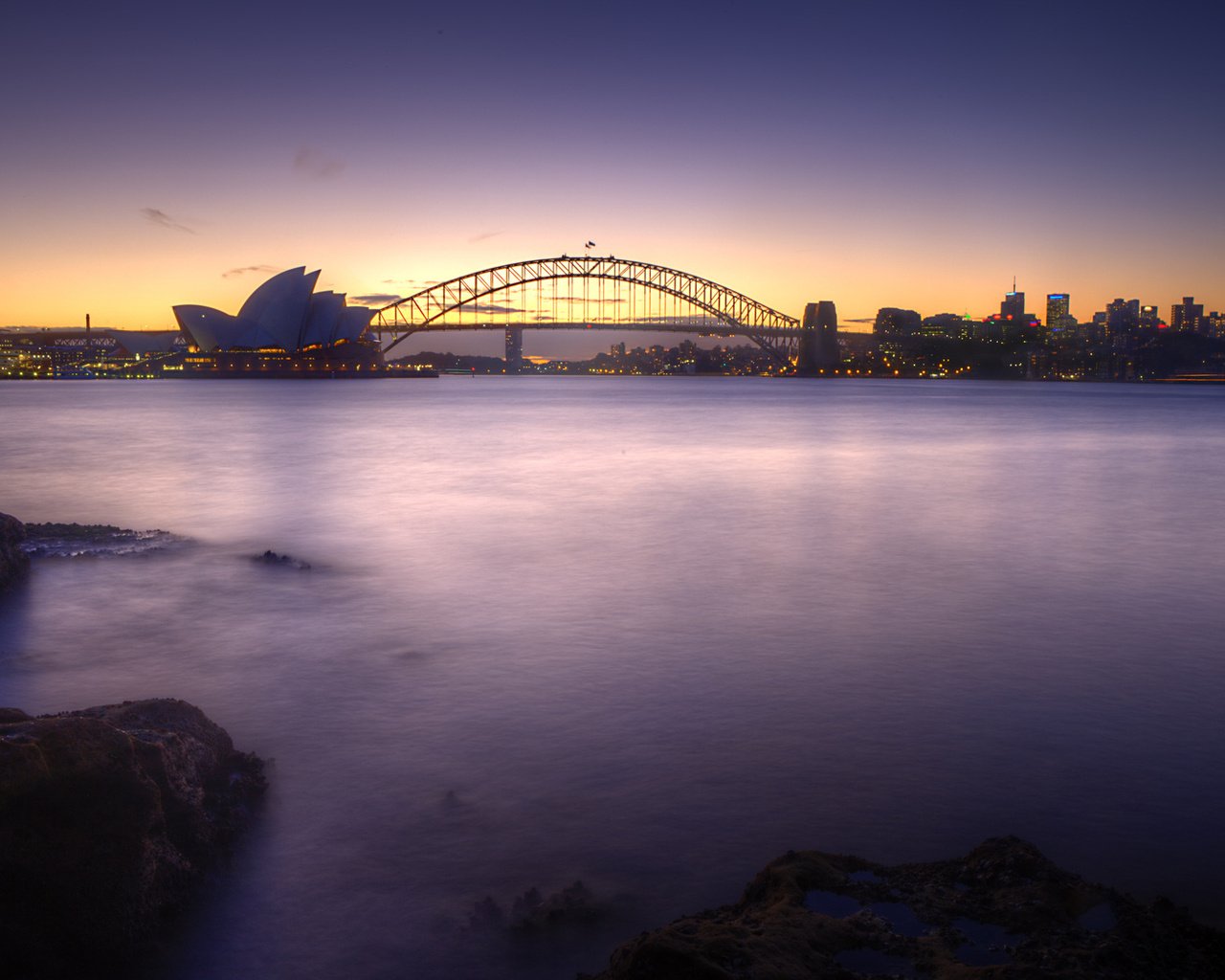
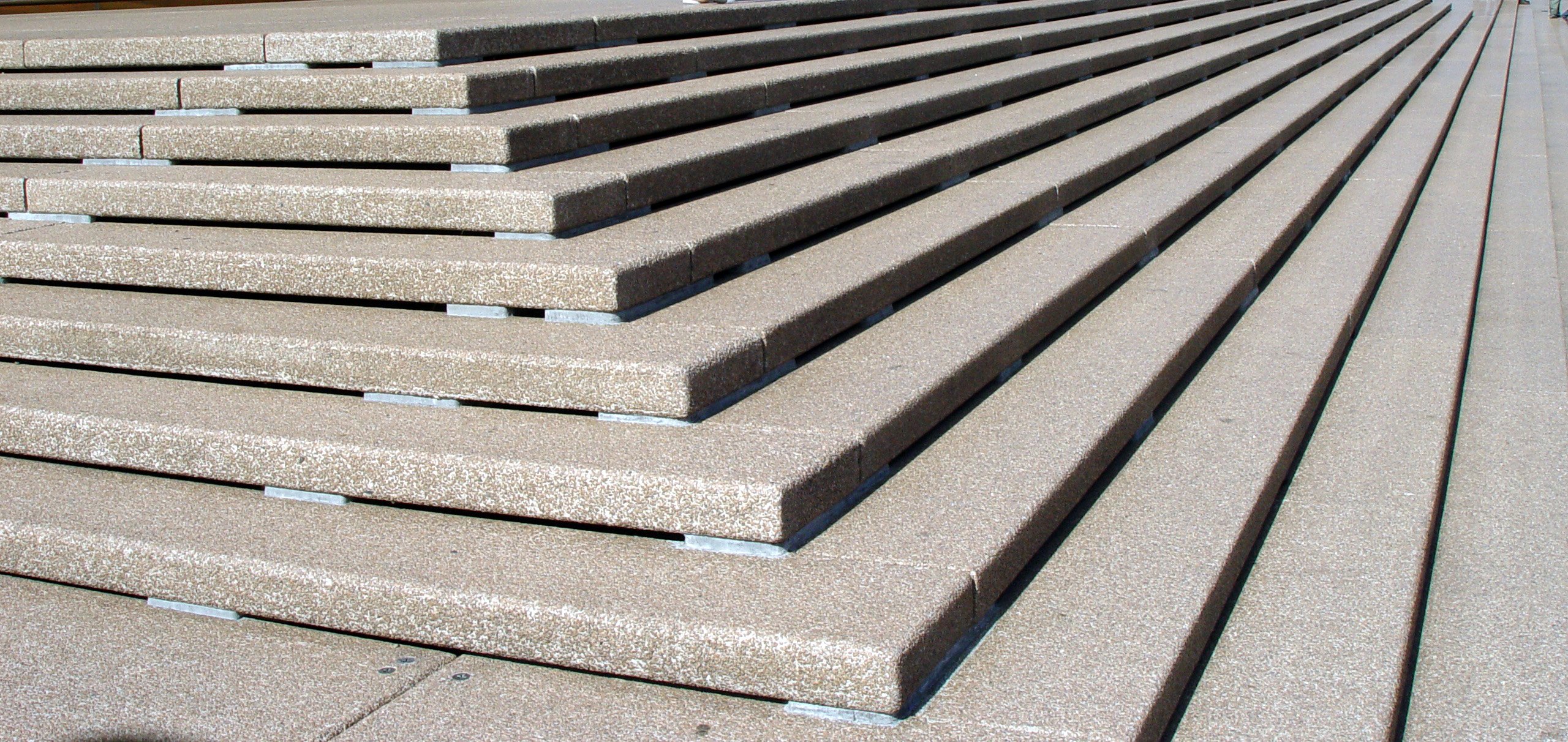
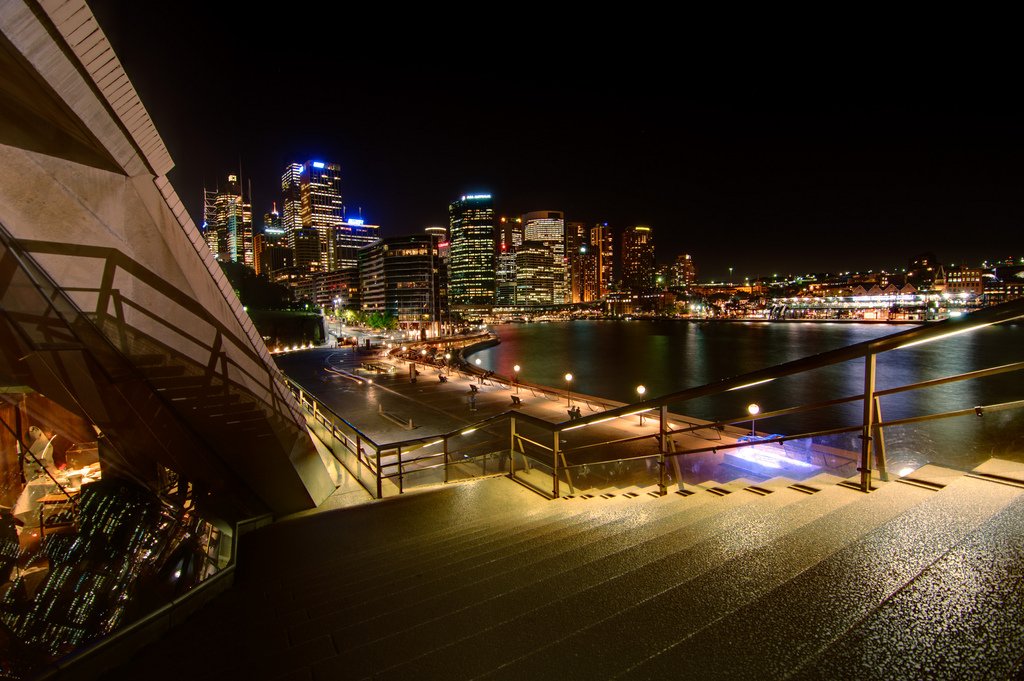
Video: Sydney Opera House
Construction History
There were 223 architects competing for the right to design the Sydney Opera House. In January 1957, the design of Danish architect Jorn Utzon was announced the winner of the competition, and two years later the foundation stone was laid on Cape Bennelong in Sydney harbor. According to preliminary calculations, the construction of the theater was to take 3-4 years and cost $ 7 million. Unfortunately, soon after the work began, many difficulties arose, which forced the government to withdraw from the original plans Utzon. And in 1966 Utzon left Sydney after a particularly large falling out with city officials.
A team of young Australian architects took it upon themselves to finish the building. The New South Wales government drew a lottery to get money to continue the work. And on October 20, 1973, Sydney’s new opera house was inaugurated. Instead of the planned 4 years, the theater was built for 14, at a cost of $102 million.
.Video: Laser show at the Sydney Opera House
” title=”YouTube video player” frameborder=”0″ allow=”accelerometer; autoplay; clipboard-write; encrypted-media; gyroscope; picture-in-picture; web-share” allowfullscreen>Architectural features
The Sydney Opera House building is 183 m long and 118 m wide, covering an area of over 21,500 square meters. It stands on 580 concrete piles driven 25 m deep into the clay bottom of the harbor, and its grand dome rises 67 m high. To cover the entire surface of the dome, more than one million glazed, pearl-like white tiles were used.
.
The building houses 5 theaters: the Grand Concert Hall with 2,700 seats; its own theater with 1,500 seats; and the smaller Drama Theater, Playhouse and Theater Studio with 350 and 500 seats each. The complex has over a thousand additional office spaces, including rehearsal auditoriums, 4 restaurants and 6 bars.
Facts
- Location:The Sydney Opera House is located on Cape Bennelong in Sydney Harbour, in the state of New South Wales,
- Dates: the foundation stone was laid on March 2, 1959. The first performance took place on September 28, 1973, followed by the official opening of the theater on October 20, 1973. The entire construction took 14 years and cost $102 million.
.- Dimensions: the Sydney Opera House building is 183 meters long and 118 meters wide, covering an area of over 21,500 square meters.
.- Theaters and seating capacity: the building houses 5 separate theaters with a total seating capacity of over 5,500.
- Dome: the unique dome of the Sydney Opera House is covered with more than a million ceramic tiles. The complex is supplied with electricity via 645 kilometers of cable.
